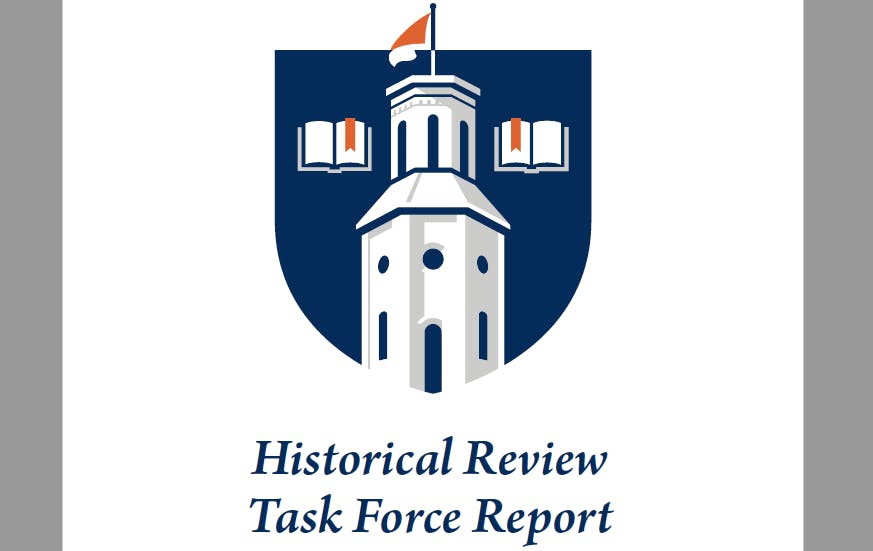Last week the college where I work—Wheaton College—released a 122-page report on “the history and legacy of Wheaton College from 1860-2000 with respect to race relations.”
|
Excerpt from the charter of Wheaton College’s predecessor, the Illinois Institute, 1855. Image from the Historical Review. |
As I reflect on what that document means, I am struck by the contrast between two approaches to history: flight or courage. Which is your approach to history?
This report required a massive effort. Through thousands of hours spread across two years, a team of Asian, Black, Latino, and White archivists, research assistants, students, alumni, and professors of history and other fields worked with the support of the trustees and senior administrators. As I thought about what to tell you about this report, I knew I couldn’t simply say, “Go try this at home.”
What you can apply at home is this: a posture of listening to history.
When you listen to history, you will never hear everything. That’s not a reasonable goal for historians (or anthropologists, for that matter). As the report acknowledges, the task force was challenged both by the scarcity of archives from the late 19th and their plentitude a century later. Sometimes we can’t access enough information, sometimes we face more information than we can process.
We also face differences in priorities in how to present history. During a Q&A after the document’s release, a professor on the committee said there were people on the committee who wanted the report to say more and those who wanted it to say less. What they created was not a perfect document, but rather a document that everyone in the room could live with.
If perfect listening is our goal, we will fail every time. But there’s much we can do to develop a lifelong posture of listening.
The report contained an illustrative account about what that posture requires. It turns out this was not the first time Wheaton College faculty have produced a report on the history and legacy of race relations. In 1960, faculty in my own department of Anthropology and Sociology produced a report on race relations at the college. That 1960 report contained six recommendations including hiring faculty of color, upholding the right to interracial marriages, and ensuring fair admissions practices.
The 1960 report might have more significantly impacted the college were it not for one problem: people weren’t allowed to read it. When the college president and deans read the report, one dean stated, “We should not rush into print until we know precisely what we are going to do and whether we can pay the cost of our resolutions.”
The administrators followed that advice, adopting a posture of ear-plugging and mouth-hushing. They decided that if hearing history would require their own sacrifice, better not to hear. In the process, they turned their backs on brothers of sisters of color carrying heavy burdens.
Thankfully, that is not the full story. Many people continued to listen, work, pray, and organize for change, and changes continued. Ultimately, a posture of listening to history enables a posture of action for the future.
But the story is not simple. We don’t get to give history a pass/fail grade. It’s not all good or all bad, but a continual mix of the two. Just like the present. That’s why we need to keep on listening.
You don’t have to convince your institution’s senior leaders to invest in a two-year task force and a 120-page document in order to adopt a posture of listening to history (though some of you could do this and more!) Start where you are. Ask what your workplace leaders know about the institutional racial history. Search out state historical society records, museums, local census reports, and neighborhood and county records. Invite an older person from your neighborhood to lunch and listen to their stories.
The Wheaton historical report calls itself “a record for reflection affirming that the careful consideration of our past informs and impacts our present reality.” I hope this week you’ll find ways to investigate your local past and let it inform your present reality.
Wishing you curiosity and courage,
|
|

